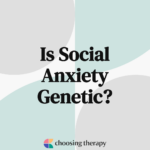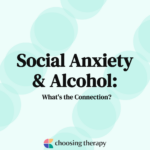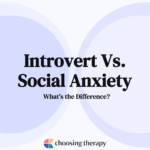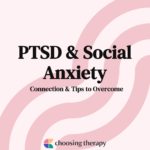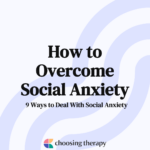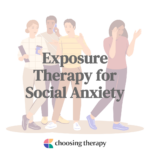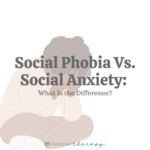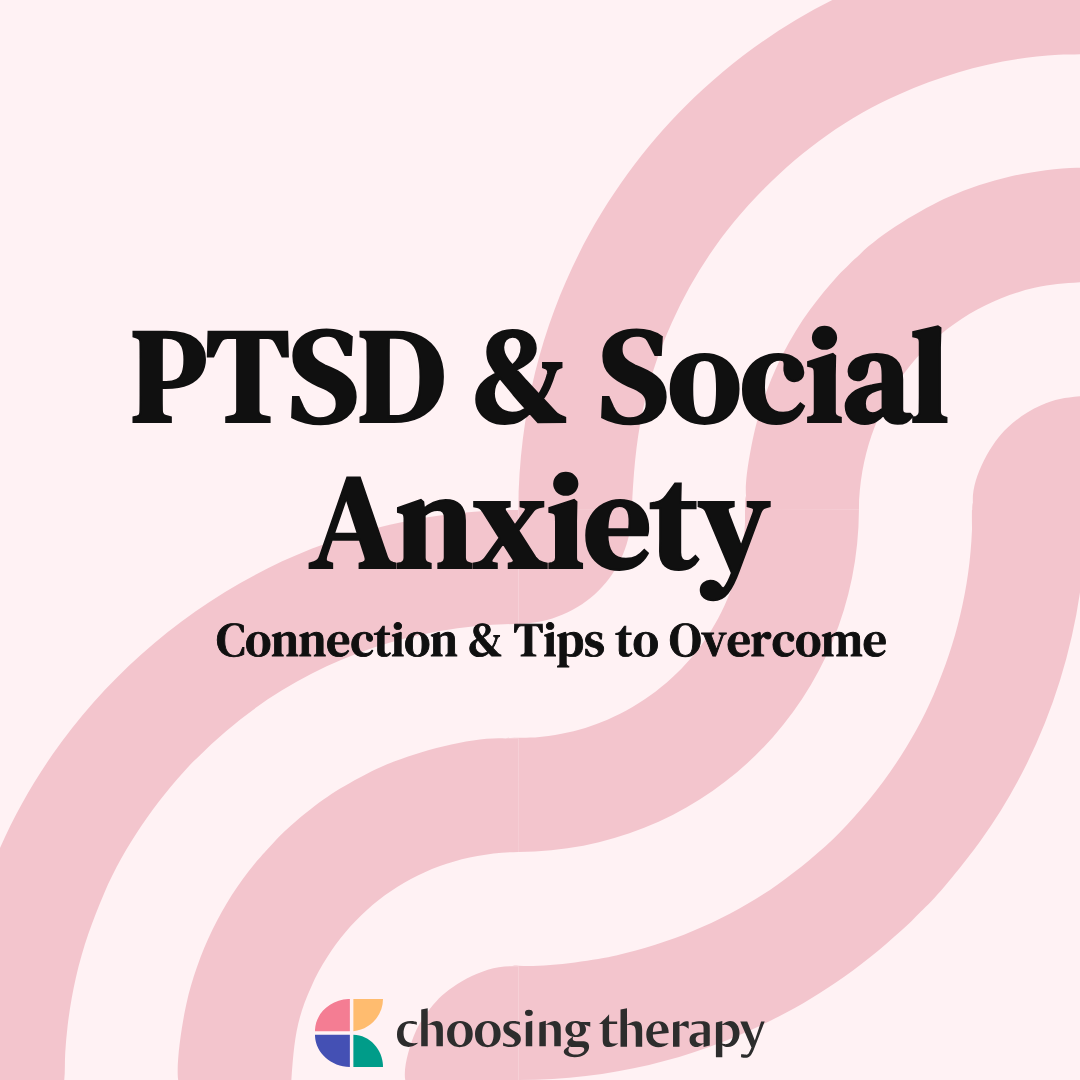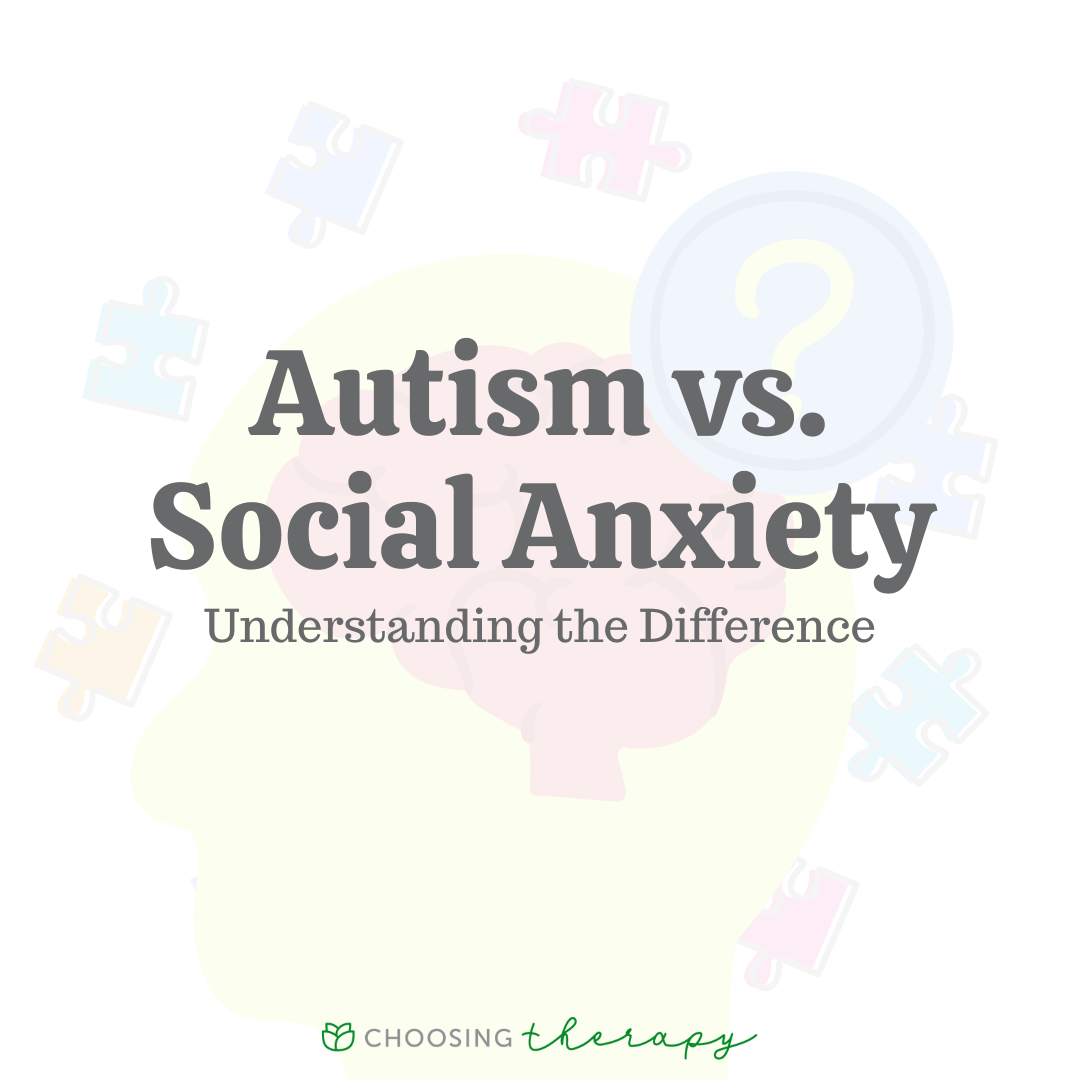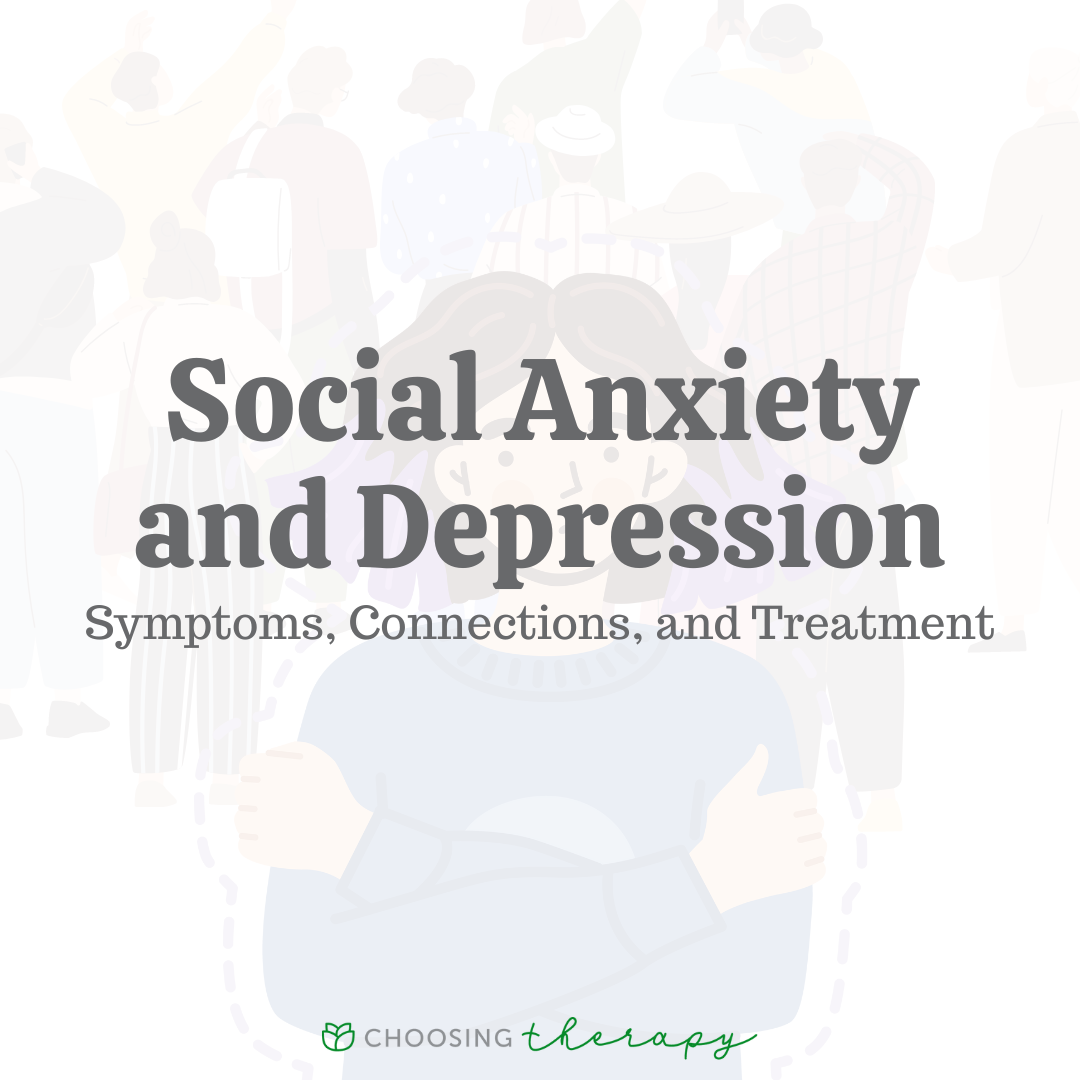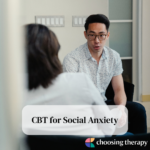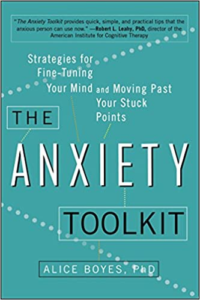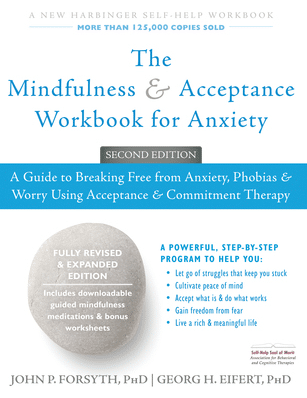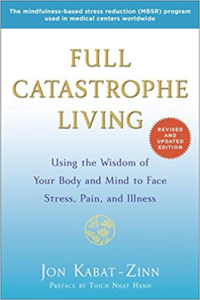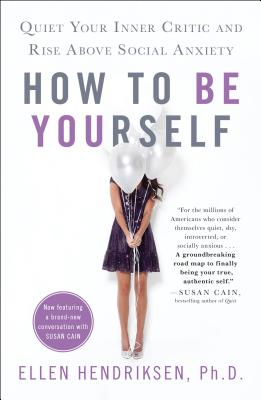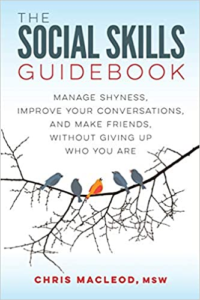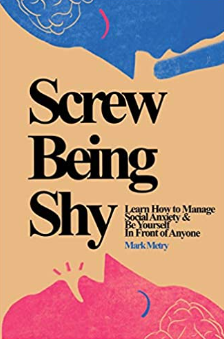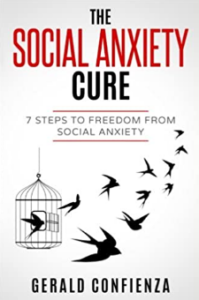
Learn More About Social Anxiety
Social anxiety disorder is the characterized by the intense fear of certain social situations. This often leads to someone avoiding those situations, which can negatively impact their life. Social anxiety can be treated through therapy, medication, or a combination of the two. Below you’ll find articles and other resources that can help you understand and deal with social anxiety.
Featured Social Anxiety Articles

How to Help Someone With Social Anxiety
If there is an individual in your life who you think might be dealing with social anxiety disorder, there are several ways you can be helpful.
by: Marija Galebovic, LMHC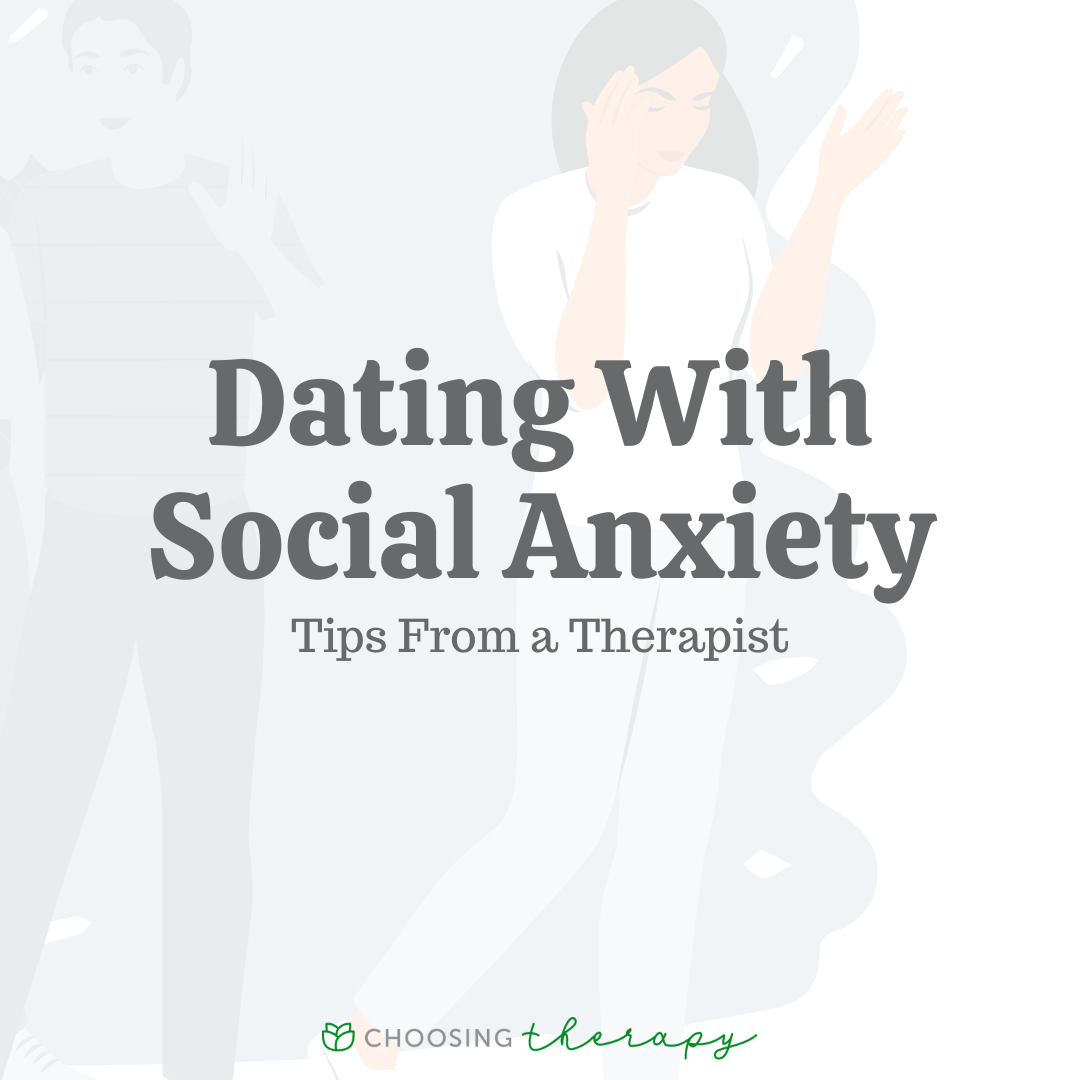
Dating With Social Anxiety: 7 Tips From a Therapist
Dating is difficult enough without social anxiety. Meeting new people creates new feelings, nerves, and worries about endless issues for those with social anxiety. The good news is that social anxiety does not mean you can’t have meaningful relationships. Focusing on inner relaxation, authenticity, and connection with yourself will ground you when dating with social anxiety.
by: Grayson Wallen, MA, LPCSocial Anxiety & Related Disorders

Coping With Social Anxiety
Videos About Social Anxiety
More Articles About Social Anxiety
